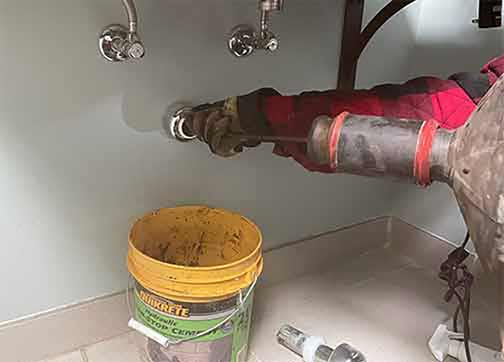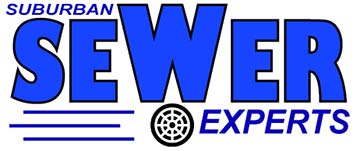
Drain pipes and sewer lines serve as the waste disposal arm of your home’s plumbing system. They keep all the smelly, unsanitary, bacteria-laden wastewater generated by your use of the plumbing fixtures out of sight and away from direct contact with your family.
But despite the critical role played by these systems, they are the most neglected part of most homes’ plumbing. According to Campus Realtors, households routinely abuse their drainage systems by using them in ways they were never intended to be used, while investing little time in their maintenance.
This is one of the main reasons why drainage problems are among the most expensive plumbing issues in homes. Because they are largely ignored, drainage problems are allowed to grow until they explode into serious emergencies that bring the home to a standstill.
The most common drainage problem in homes
Due to the nature of their operation and how homeowners use their drains, clogs and blockages are the number one problem in drainage systems. This problem comes in many forms, but all can be traced to two main causes:
- Unavoidable causes of drain clogs and blockages
Your drainage pipes and sewer line transport wastewater from your sinks, showers, bathtubs, toilets, and home appliances. This water invariably contains amounts of non-liquid materials such as soap scum, hair, food scraps, and, of course, human waste.
As wastewater travels through the drainpipes, some of these non-liquid materials settle inside the pipes. Over time, these deposited materials can accumulate to the point where they begin to slow the flow of water or even obstruct the pipes.
When this happens, the drains inside your home will become slow. Unless the debris in the pipes is removed, the problem in your drains will not go away. There is no way to stop the buildup process within your drainpipes, but you can clear out the debris.
- Avoidable causes of drain clogs and blockages
The second cause of drain clogs and blockages in your home is manmade. This happens when solid and semi-solid materials are directly introduced into the drainpipes by the actions of the home’s occupants. This can happen in several ways.
If fats, oils, and grease are dumped into the drains, the drainage system will be prone to clogs and blockages. This is because fats, oils, and grease solidify inside the pipes. Being sticky, they adhere to pipe walls and trap the debris in wastewater.
Secondly, clogs occur when various types of food waste are dumped into the drains. Examples of such food waste include coffee grounds, eggshells, starchy foods (mashed potatoes, pasta, rice, etc.), and fibrous veggies (celery, corn husks, etc.).
Lastly, flushing items other than human waste, water, and toilet paper into the toilet will make your drainage system vulnerable to clogs and blockages. This means not putting things into your toilet, even if those items are labelled as flushable.
How to stop drain clogs in your home
The first step to preventing drainage issues in your home is to avoid doing any of those things that predispose your drains to clogs and blockages. In addition to not dumping harmful items into your toilet or sinks, it helps to install strainers over showers and sink drains.
However, these steps will not stop the natural processes of debris buildup within your drainage system. To combat the effect of these unavoidable processes or to remove the debris that has already built up inside the line, you need professional drain cleaning.
Professional drain-cleaning methods are used by professional plumbers to clear debris from the inside of a drainage pipe. They include strategies like:
- Hydrojetting
This uses high-pressure water, delivered directly into the pipes via a flexible hose, to loosen debris within the pipes and completely flush them out of the line.
- Sewer rodding
This method uses a series of flexible rods with a metal cutting head to shear through the stubborn debris inside a clogged drainage pipe or sewer line.
Benefits of professional drain cleaning
Professional drain cleaning eliminates the adverse effects of buildup in your drainage system. It will:
- Restore optimal function
By removing the debris within the pipes, drain cleaning improves overall plumbing function by restoring drainpipes to a state of optimal flow.
- Eliminate odors
Bad odors from the drains happen because of decomposing debris and trapped sewer gases within the pipes. Drain cleaning fixes these problems.
- Prolong service life
By clearing out debris in your drains, drain cleaning removes harmful substances that corrode pipes and accelerate their breakdown.
- Serve as preventive maintenance
Perhaps the greatest benefit of professional drain cleaning is its use as a tool to help prevent drain clogs and blockages.
- Lower maintenance costs
Regularly cleaning your drains saves you money by preventing drainage problems that can be costly.
How much does professional drain cleaning cost? How is hydro jetting or sewer rodding done? What do you need to know before cleaning your drains? If you would like more guidance on your home’s drainage issues, talk to us today at 224-335-8479

